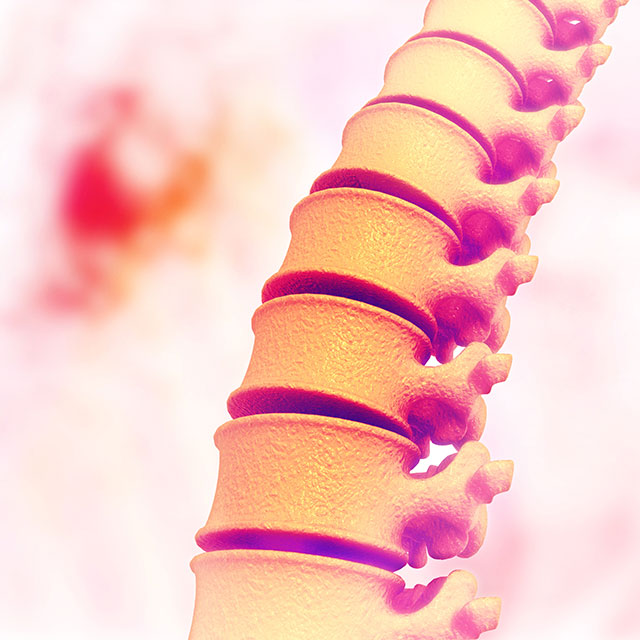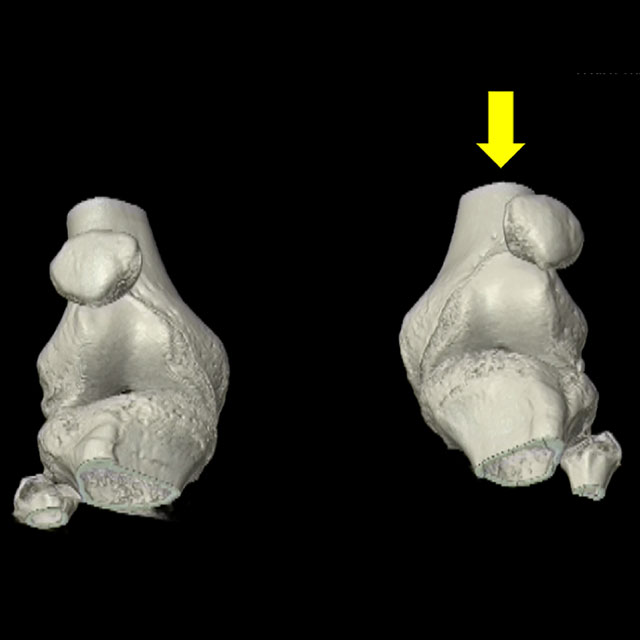Sikta Pradhan (left) chose Jay Khanna (right), vice chair of orthopaedic surgery and professor of orthopaedic surgery, neurosurgery and biomedical engineering, as the ideal person to honor her and her husband’s legacy.
Through creation of endowed professorships, Johns Hopkins Medicine donors can help the Department of Orthopaedic Surgery attract and retain the brightest researchers and most skilled surgeons from around the world. The Department is grateful for a recently established one: the Sachin N. Pradhan, M.D., Ph.D., & Sikta Pradhan, Ph.D., Professorship in Spine Surgery, funded by several donors, including Sikta Pradhan, who contributed more than $2 million.
Sikta Pradhan and her late husband, neuropsychopharmacologist Sachin Pradhan, have demonstrated their commitment to others’ higher education and biomedical research throughout their careers. Pradhan explains that her husband “was always trying to do more to help his patients.” He left a legacy of philanthropy in their home country of India, having established the S. N. Pradhan Centre for Neurosciences research facility at the University of Calcutta, in 1998. The facility is one of a few of its kind in India.
Sachin Pradhan arrived in the United States during an early wave of immigration — after having grown up in a rural village in West Bengal without running water or electricity. He would go on to become a distinguished professor of pharmacology at the Howard University College of Medicine in Washington, D.C. Valued as a gifted teacher and skilled researcher, Pradhan supported many medical students and postgraduate and postdoctoral researchers by funding scholarships and providing housing for those in need.
In search of an ideal way to honor her husband, who passed away in 2009, Sikta Pradhan says, “I knew I had to do something for neuroscience.” She selected Jay Khanna, vice chair of orthopaedic surgery and professor of orthopaedic surgery, neurosurgery and biomedical engineering, as the ideal person to honor her and her husband’s legacy. Pradhan was pleased with her spine surgery outcome, Khanna’s surgical skill and his manner with patients.
During the past several years, Pradhan’s relationship with the department and university has deepened, as has her interest in supporting Khanna’s work and that of the division of spine surgery. Khanna has been approved by the Johns Hopkins University Board of Trustees to be the inaugural holder of the new Pradhan Professorship in Spine Surgery. “I am honored that Dr. Pradhan has chosen to support not only me, but also our department and university, and Suburban Hospital,” he says.” I look forward to making her proud and hope that my current and future work will inspire other patients to support our faculty and institutions.”
Khanna has a track record of clinical excellence, research innovation, education, entrepreneurship and translational work in collaboration with the Department of Biomedical Engineering. In addition, his role as the department’s vice chair of professional development allows him to support his fellow faculty members as they leverage their own strengths and interests to achieve the Johns Hopkins missions of clinical care, education and research. The Pradhan professorship will allow Khanna to scale his efforts in supporting faculty members’ professional development.
“I am fortunate and blessed to be able to care for patients like Dr. Pradhan,” says Khanna. “It’s amazing that I get to do this type of work, and I am greatly appreciative, not only of this gift, but also of the support from the division of spine surgery, under the leadership of Dr. Kal Kebaish; the department, led by Dr. James Ficke; the Johns Hopkins National Capital Region group, led by Dr. Dan Valaik; Suburban Hospital, led by Jacky Schultz; and numerous other leaders at Johns Hopkins Medicine.”



